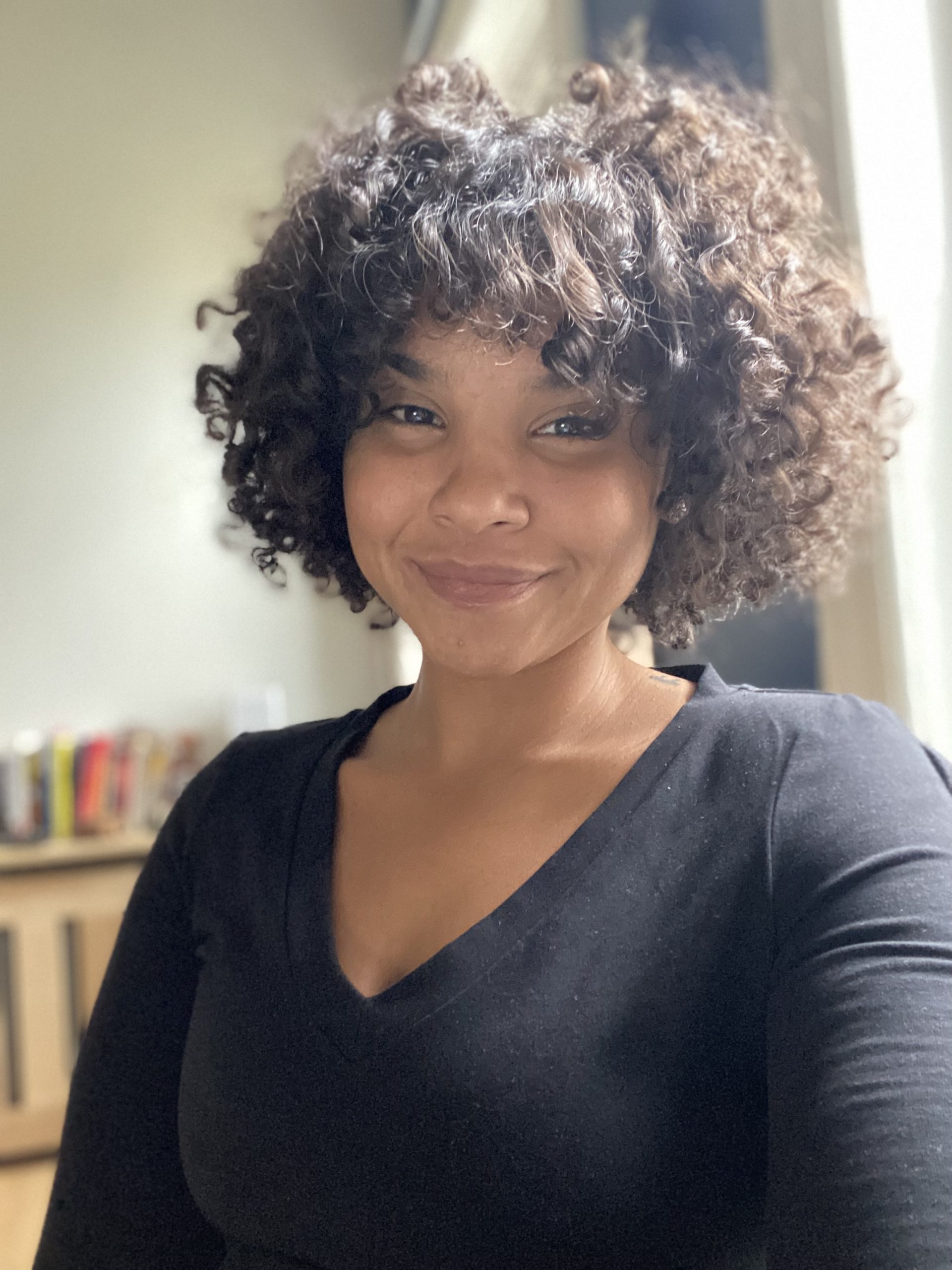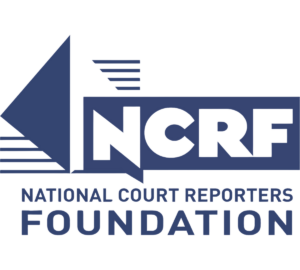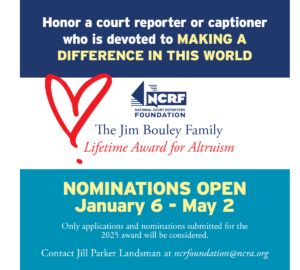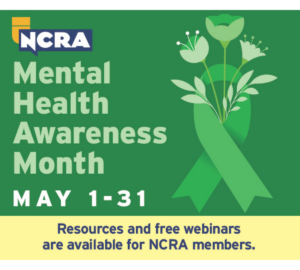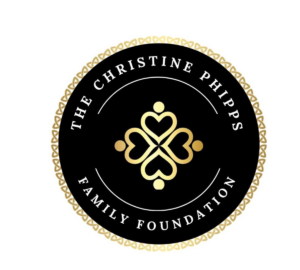With an interest in criminal court, but not enough time or money for law school after earning her BA, Alexa Diaz-Polanco, of New York, N.Y., set about finding a career that would allow her to follow her passion. A Google search on “careers in the courtroom” led her to court reporting. “[A]nd voilà!” she says.
UTS | Can you talk a little about your background?
ADP | I was born, raised, and still reside in New York City. I am from a Dominican family and am number three of five wonderful sisters. I am also the full-time caretaker of my father. I truly enjoy being a student in and out of classrooms which is why stenography reeled me in so easily and has had quite the hold on me ever since.
UTS | How did you first get the idea of being a court reporter? Did you have another career before you started at Plaza College?
ADP | How I got into court reporting was through my “quarter-life crisis” phase in the fall of 2018 when I was 24 years old. I had just graduated from John Jay College in May 2018 with a 4.0 GPA confident that I was going to pursue a career as a forensic psychologist. However, I am the full-time caretaker and legal guardian of my father who is a stroke patient with severe mobility issues and worsening dementia. As his condition progresses, more of me is required. The amount of time and money that would be needed for me to successfully pursue graduate studies was not realistically feasible with my circumstances.
I was a receptionist at a holding company beating myself up about which direction my life would go in. With the brain and personality that I have, I knew that I could do great things in this life, but what? That’s where I was stumped. Knowing my genuine passion for forensic psychology, I knew that I wanted to be involved in the criminal courts somehow. Several of my professors from undergrad had tried to push me to pursue law school, but I knew it was not for me for several reasons. I did a simple Google search of “careers in the courtroom” and clicked on a bunch of articles. Buried deep in one, court reporter was listed. I read the small blurb and thought that it seemed interesting, but when I saw the range in salaries, I noticed that it was quite drastic and was a bit thrown off. I needed answers, so I reached out to Plaza College, asked for more information, was able to sit in on two of the four NCRA A to Z® weekend sessions, and voila! I got started with theory at Plaza and completed the earlier speed classes until I transitioned to SimplySteno online with Marc Greenberg. Today, I am finishing up my internship and will hopefully be taking my first assignment very soon.
UTS | What kinds of challenges have you faced during your court reporting program, particularly during COVID-19?
ADP | Remote schooling due to COVID actually worked in my favor because it was generally very hard to coordinate care for my dad. Throughout my entire undergrad schooling, I worked full-time positions, and my course load was full-time as well, so I preferred online classes whenever I was able to enroll in them. Going remote was my preference to begin with so I was grateful when we had to shift completely to online schooling. The commute to and from Plaza was very long, sitting in classes for several hours multiple days a week took most of my day, and then coming home completely depleted of all energy to help with my dad and somehow practice for at least two hours was really taking its toll. Staying home was a blessing.
When I transitioned to SimplySteno, it was even better because I could do my SimplySteno work at any point during the day as long as it got done. However, one of the challenges I faced is that my household can get a little hectic at times so sitting in front of my machine and laptop uninterrupted felt like a fantasy a lot of the time. Nevertheless, I made adjustments so that I could get sufficient, quality practice as well as be able to sit in for internship twice a week. So far, it’s going very well, and I am very happy with the progress I am making and feedback I’ve received. As the quote goes, “Where there’s a will, there’s a way.”
UTS | What is the best advice you’ve been given so far?
ADP | The best advice I’ve been given in life is “get the job done and do it well.” This relates to so many aspects of my life, including stenography with not only speed but accuracy (my sometimes-crippling obsession). Get the job done and do it well the first time so that you can confidently keep navigating forward through your journey. Life throws enough challenges in our paths as it is so don’t create more issues for yourself.
UTS | What are your plans for when you finish school? What is your dream job?
ADP | My first goal is to start working and submit fabulous transcripts. My second goal is to finish my RPR. I passed the written knowledge test in October of 2021, but I’d like to take my skills tests at some point in 2023 and am hoping to pass all three before the end of next year. Practice makes progress, so I will continue to practice and take that leap when I feel ready.
As for my dream job, I think I would like to eventually work for the Supreme Court (criminal) here in New York City because of my forensic psychology background since the cases they deal with are related to the topics I truly enjoy studying. However, I haven’t had court exposure as a court reporting student so I cannot say 100 percent that it’s my ultimate goal or if I just think it is because the subject matter aligns with my educational interests. I simply don’t know enough yet, but in due time I will see where my hard work leads me.
UTS | Is there anything else you would like to share about yourself?
ADP | There’s nothing else I want to share about myself, but I would like to express my gratitude to everyone who has supported and encouraged me throughout this steno adventure. The kindness, understanding, constructive feedback, and patience are just a few of the things I am eternally grateful for. Thank you so much!
Missed previous issues of Up-to-Speed? Access them here.
